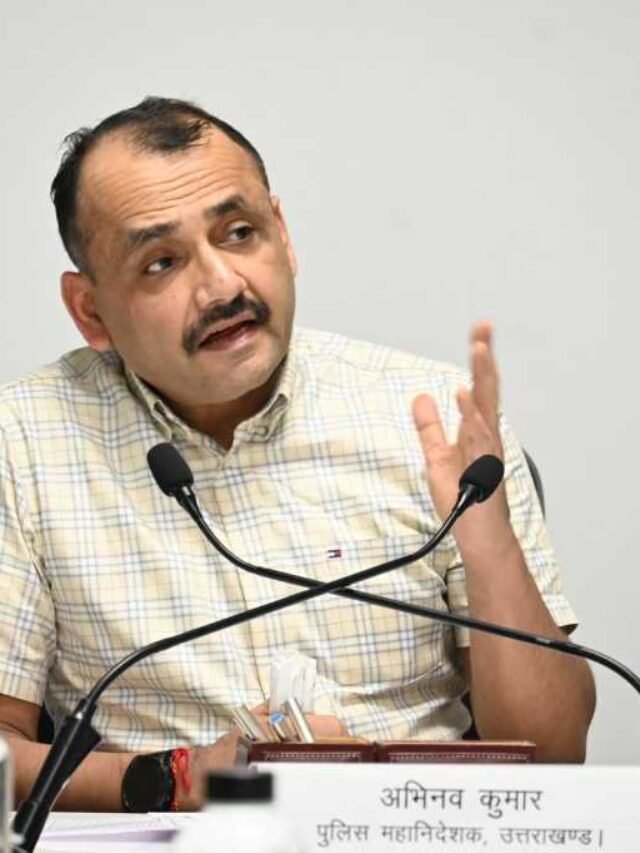A groundbreaking ruling from the Uttarakhand High Court has ignited widespread discussions regarding child maintenance and care. Under the stewardship of Justice Pankaj Purohit, the Court’s single bench recently decreed that the responsibility for a child’s sustenance and upbringing does not solely rest upon the father, but is a joint commitment of both parents.
This landmark decision is rooted in the interpretation of the term ‘person’ within Section 125 of the Code of Criminal Procedure (CrPC), asserting its relevance to both genders. The ruling has set in motion dialogues concerning gender equality and the legal responsibilities shared by parents.
- Advertisement -
The impetus for this significant ruling stemmed from a petition brought forth by Anshu Gupta. This legal challenge contested a 2013 ruling from a family court, which mandated Anshu Gupta to contribute a monthly maintenance sum of Rs 2,000 for her son’s welfare.
Anshu Gupta, employed as a government teacher, had been married to Nathu Lal since 1999, residing in Udham Singh Nagar. However, the marriage concluded in 2006 due to irreconcilable differences, leaving a son in their wake. Nathu Lal cited financial constraints as a justification for his inability to ensure the child’s quality education and upbringing.
In response, a petition was filed in 2013, prompting the Family Court to decree that Anshu Gupta, who was earning a monthly salary of Rs 27,000 at the time, provide maintenance payments.
Anshu Gupta’s life trajectory subsequently evolved. Following her divorce from Nathu Lal, she entered into a second marriage with Babu Lal, thereby assuming the responsibility for her son from this union.
- Advertisement -
Tragedy struck when Babu Lal passed away in an accident, thrusting Anshu Gupta into the role of caring for both her son and Babu Lal’s parents. In contesting the Family Court’s decision, Anshu Gupta’s legal counsel argued that Section 125 of the CrPC exclusively held fathers liable for maintenance, thus excluding mothers.
In a counter-argument, Nathu Lal’s legal representative contended that the term ‘person’ within the CrPC extended its scope to encompass both genders, transcending a gender-specific definition.
Following a thorough examination of the arguments presented by both parties, the High Court issued a momentous verdict. Justice Pankaj Purohit underscored the recent amendment introduced in Section 125 of the CrPC, highlighting its comprehensive nature by recognizing the responsibility of both males and females.
The Court emphasized that regardless of gender, parents are obligated to provide for their child, even if they face financial constraints. Withholding adequate maintenance from a child is deemed impermissible. The Court resolutely affirmed that the responsibility for the care and support of a minor child is equally shared between both parents.
As a result, the practice of attributing this duty exclusively to one parent is no longer justifiable. This verdict is regarded as a significant stride towards establishing a more equitable and balanced approach to child rearing and the associated responsibilities.










